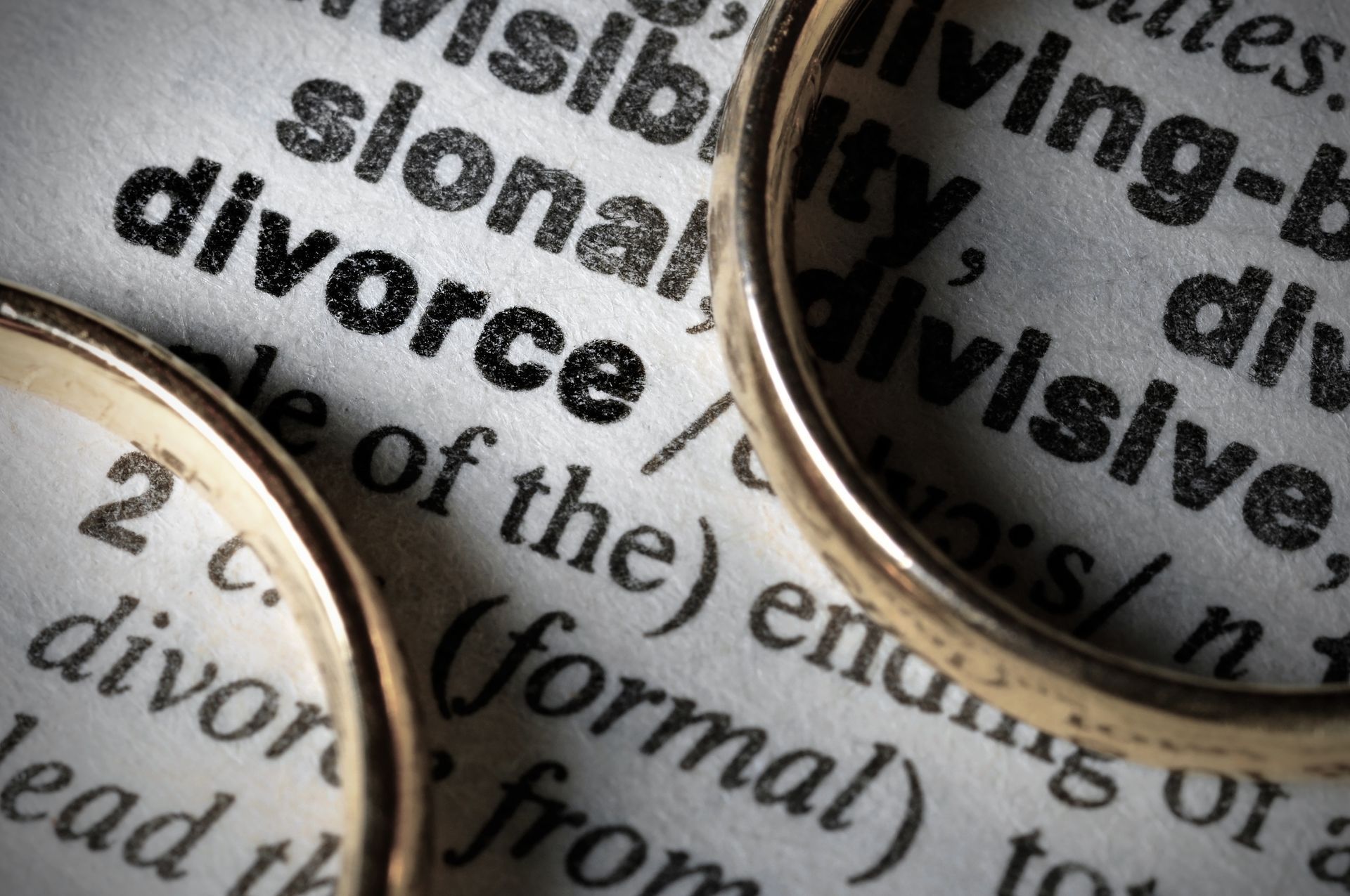What Happens If You Die Without A Will?
Understanding Intestate Succession
No one likes to think about their passing, but planning for the inevitable is one of the most important things you can do for your loved ones. A critical part of this planning involves creating a will. But what happens if you die without one? In legal terms, dying without a will is referred to as "intestate." When this happens, the distribution of your assets and the handling of your estate will be determined by state law, rather than your personal wishes.
If you’re in New Jersey or New York and concerned about protecting your family’s future, the attorneys at CG Song Law Firm are here to guide you through the process of estate planning and ensuring your wishes are honored.
How Assets Are Distributed Without a Will
When someone dies intestate, their assets are distributed according to the rules of intestate succession. These laws prioritize family members based on their relationship to the deceased. While laws vary by state, here’s how the process generally works:
Spouse and Children:
- If you’re married with children, your spouse and children typically share your assets. In many states, the surviving spouse receives a larger portion, while the rest is divided among the children.
- If you have no children, your spouse may inherit everything.
Children Only:
- If you’re unmarried, your children will inherit your estate equally. If a child has passed away, their share may go to their descendants.
Parents and Siblings:
- If you have no spouse or children, your estate may be divided among your parents and siblings.
Extended Family:
- If no immediate family is found, your estate may pass to more distant relatives such as cousins, aunts, or uncles.
The State:
- If no living relatives can be identified, your estate may be claimed by the state, a process known as escheatment.
Challenges of Dying Without a Will
Dying without a will can create significant challenges and stress for your loved ones, including:
- Family Disputes: Intestate succession laws may lead to disagreements among family members over who is entitled to inherit certain assets.
- Court Involvement: The probate court will appoint an administrator to manage your estate, which can be time-consuming and expensive.
- Lack of Control: Without a will, you have no say in how your assets are distributed or who will care for minor children.
- Higher Costs: The probate process often incurs higher legal and administrative fees, reducing the value of your estate.
How a Will Can Protect Your Loved Ones
Creating a will ensures that your wishes are carried out and can provide peace of mind for you and your family. A will allows you to:
- Specify how your assets should be distributed.
- Name a guardian for minor children.
- Choose an executor to oversee your estate.
- Minimize potential disputes among family members.
- Avoid unnecessary delays and expenses in probate court.
Why Work With an Attorney?
While it is possible to draft a will on your own, working with an experienced attorney ensures that your will complies with state laws and accurately reflects your intentions. At CG Song Law Firm, we provide personalized estate planning services to help you create a comprehensive plan that protects your loved ones and preserves your legacy.










